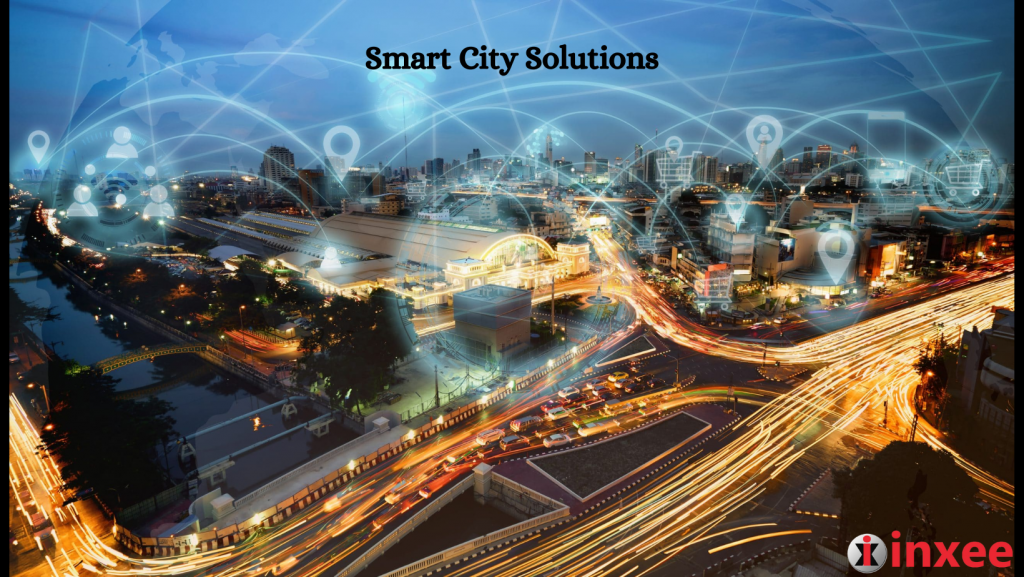June 15, 2023
Artificial Intelligence (AI), embedded systems, Fifth Industrial Revolution, Five layer architecture, Home Automation, Industry 5.0, internet of medical things, Internet of Things, IoT, IoT Devices, Smart City, Smart Energies, Smart Healthcare, Smart Home, smart hospital, Smart Infrastructure, Smart Lighting
No comments
Smart City Solutions
Smart city solutions encompass a wide range of technologies and innovations aimed at improving the overall quality of life for residents. Here are some examples of smart city solutions:
- Intelligent Transportation Systems: These systems leverage sensors, data analytics, and communication networks to optimize traffic flow, manage parking, and enhance public transportation. Examples include real-time traffic monitoring, smart parking systems, and integrated ticketing systems.
- Smart Energy Management: Smart grids and energy management systems help cities optimize energy consumption, monitor energy usage, and promote renewable energy sources. These solutions include smart meters, energy monitoring platforms, and demand-response systems.
- Waste Management: Smart waste management solutions use sensors and data analytics to optimize collection routes, reduce waste, and improve recycling. Examples include smart trash bins that send alerts when full, waste sorting systems, and efficient waste disposal processes.
- Public Safety and Security: Smart city technologies enhance public safety by enabling real-time monitoring, emergency response coordination, and predictive analytics. Examples include video surveillance systems, gunshot detection systems, and smart emergency response systems.
- Smart Water Management: These solutions help cities monitor water usage, detect leaks, and optimize water distribution. Smart irrigation systems, water quality monitoring, and automated water supply management are examples of smart water management solutions.
- Smart Governance: Digital platforms and e-governance solutions enable citizens to access government services, participate in decision-making, and provide feedback. Examples include online citizen portals, mobile apps for service requests, and digital voting systems.
- IoT-enabled Infrastructure: Internet of Things (IoT) devices and sensors are deployed to monitor and manage various aspects of city infrastructure, including street lighting, parking, air quality, and waste management. These devices provide real-time data for efficient resource allocation and decision-making.
These are just a few examples of the numerous smart city solutions available today. The integration of these technologies aims to create more sustainable, efficient, and livable cities for residents while promoting economic growth and environmental sustainability.










Leave a Reply